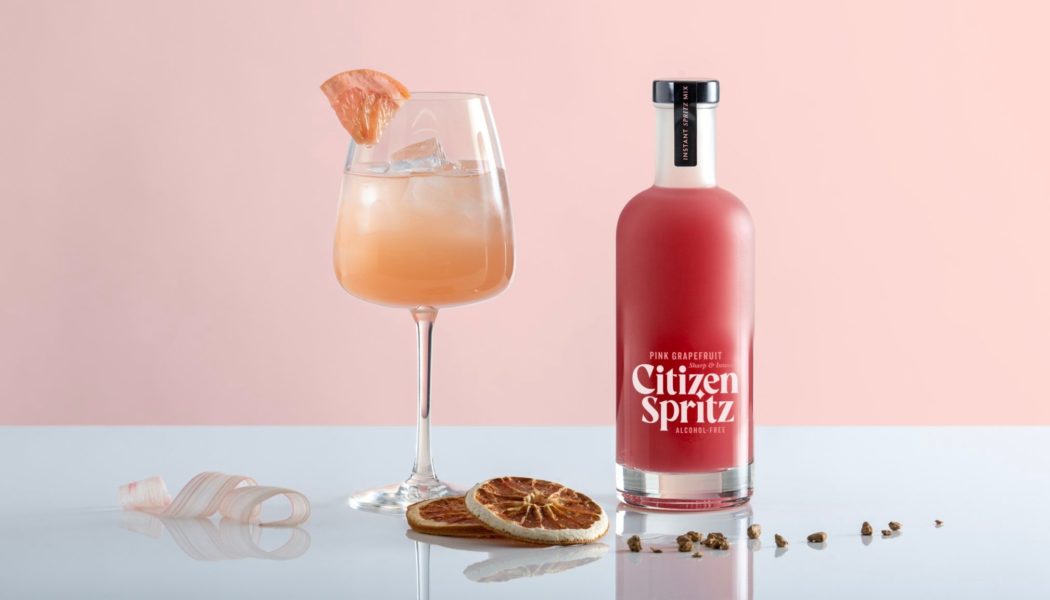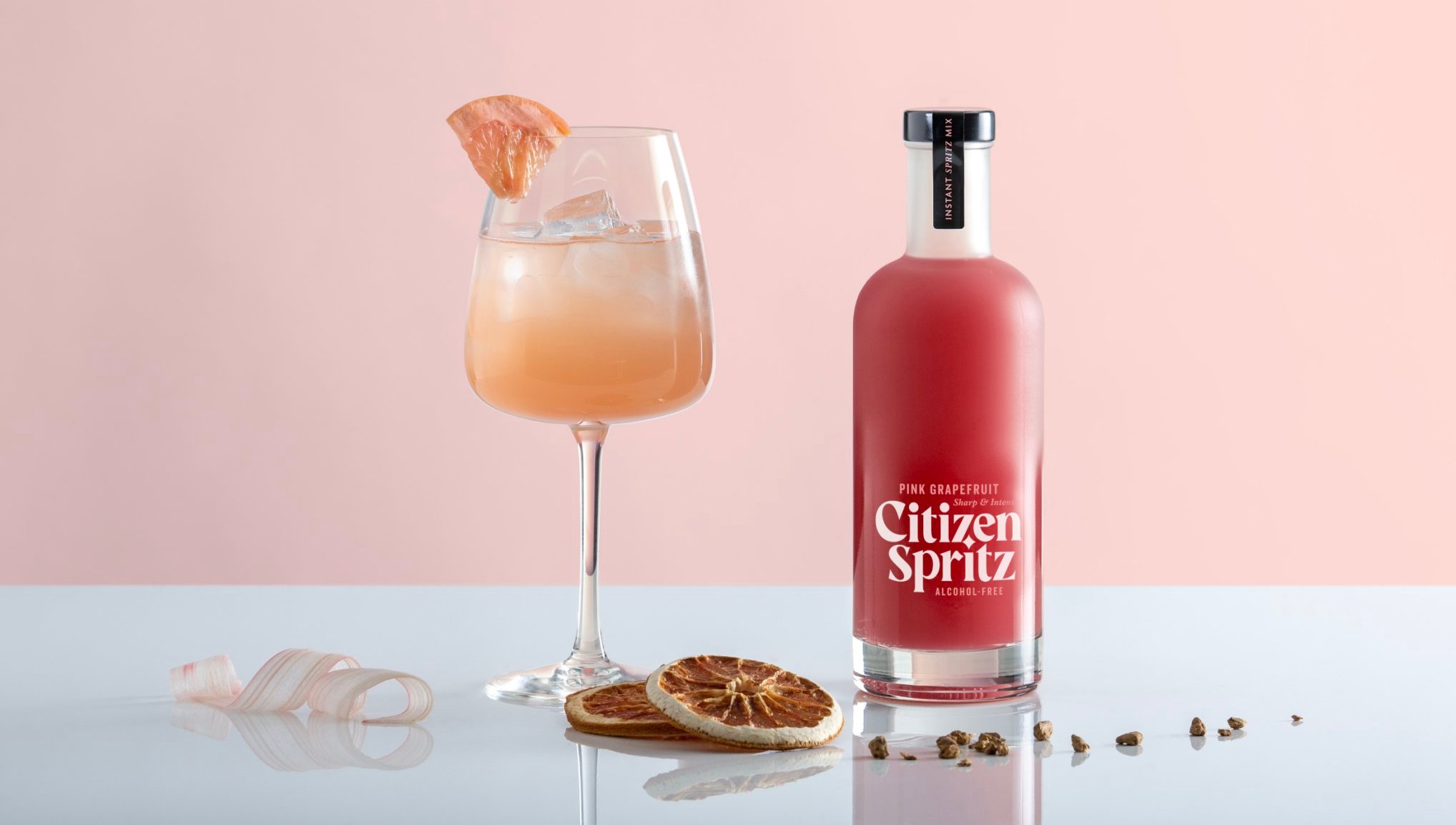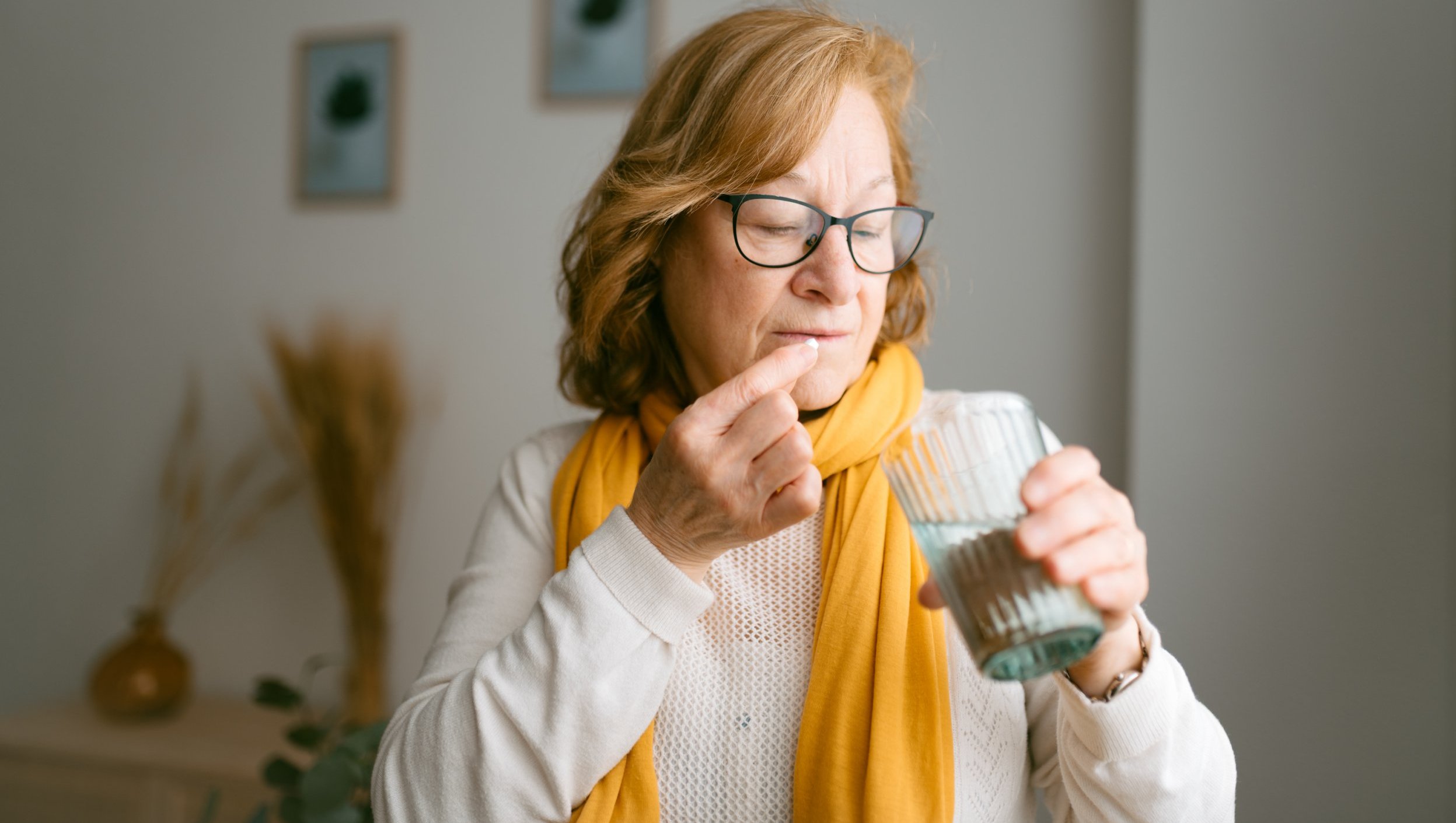In 2023, looking after the gut has become a popular pastime for the health-conscious. And for good reason. According to Cancer Research, Bowel cancer is now the fourth most common cancer in the UK, yet 54 per cent of cases are preventable.
But a healthy gut doesn’t just reduce the risk of cancer, it has wide-ranging benefits. “We have to think of the gut as this big sensory organ which has lots of lovely bacteria in it,” says Dr James Kinross, a consultant colorectal surgeon at Imperial College London. “That bacteria interacts with your environment, which then in turn communicates with your immune system.”
Kinross specialises in the detection of colon cancer and benign conditions of the gut. In his 18-year career, he has researched gut microbiome extensively and is the author of Dark Matter: The New Science of the Microbiome. He has learned that “lifestyle is overwhelmingly important for the gut”.
However, he adds: “But I’m no monk. I have a pretty busy life and sometimes I do things I know I shouldn’t.”
Here, Dr Kinross shares how he looks after his gut every day (as much as he can) and the things he would never do.
Do enjoy a bit of red wine, don’t go for spirits or beer
“We are a nation that is essentially drunk all the time,” says Dr Kinross. “We consume way too much alcohol. The consumption of alcohol over a chronic period of time is so bad for gut function.”
Still, Dr Kinross allows himself a few glasses of red wine. “The type of alcohol you drink is very variable and will have different effects on the gut. What we do know is that small volumes of red wine actually may have a health benefit. So I drink a couple of glasses during the week. I drink a lot less white wine as a result and I try to avoid spirits. And I also drink a lot less beer.”
Don’t eat and drink alone
“I believe that gut health is dependent on having a diverse and rich ecosystem,” says Dr Kinross. “So when you’re socialising and interacting with others, you’re sharing bugs, especially if you’re making your own food together. That’s a good way of improving gut microbial diversity and richness, which will help your gut stay healthy.”
Do focus on fibre
“There are lots of confusing pieces of dietary advice for people as to what to eat,” says Dr Kinross. “Of course, it needs to be tailored a little bit depending on your health and your goal but generally, you’ve got to put more fibre into the gut. That’s the key message from me.”
Dr Kinross advises eating around 30g of fibre a day. “Fibre is broken down by bugs in your gut. We don’t metabolise fibre, the bugs do that on our behalf. This helps grow those molecular goodies, that promote health. Fibre also absorbs toxins in the gut.”
For breakfast, he has high-fibre bran flakes, sometimes supplemented with inulin, a prebiotic fibre. He has that with fruit. “We have overwhelming epidemiological and experimental evidence that says if you can increase your fibre, your risk of heart disease, diabetes, obesity, and cancer, will all go down and you will be healthier.”

Do eat fermented food every day
“We eat a lot of fermented foods in our house,” says Dr Kinross, who lives in London with his wife and two children. “We have a lot of kimchi and sourdough. We try to have a meal every day with some form of fermented food. Again, this is the whole microbiome argument. It improves the richness and diversity of the gut. We really like to do that.”
Do eat 30 different fruits and vegetables a week
“I try to reduce the amount of meat that I eat. In fact, I almost never eat meat unless someone else is cooking,” he says. Instead, Dr Kinross focuses on eating a range of vegetables. “I try to have at least 30 different fruits and vegetables a week and I try to make sure that every meal I have is vegetable-based. We have a lot of salads in my house, and we love our polyphenols.”
Polyphenols are a naturally occurring antioxidant that helps produce good bacteria in the stomach. It also helps reduce inflammation in the gut. This magic chemical can be found in blueberries and vegetables such as aubergine, tomatoes, white potatoes and peppers. “It occurs in a lot of nightshade vegetables, so we have a lot of that,” he says.
If vegetable variety is important for the gut, is eating the same breakfast or lunch every day bad for you? “As long as there’s variety on the plate, that’s no problem. If the meal is just a homogenous white gloop, then that’s an issue. Your microbes won’t get any nutritional variety to maintain their diversity.”
Don’t order a takeaway (even if it’s healthy)
Making your own food is essential for exposure to microbes. “It’s very important to make your own food,” says Dr Kinross. “It’s important to get your hands dirty, especially if you are sharing plates. What happens is that you share bugs and your gut microbiome will be healthier.”
Don’t assume turmeric will fix all your gut issues
“Tumeric, ginger, and other species are recommended but they’re not a panacea for a healthy gut,” says Dr Kinross. “We have to be quite careful when we’re talking about this. If you’re putting turmeric on fatty sausages, it’s not going to make any difference. Spices have to be part of a bigger nutritional strategy.”
Don’t overuse antibiotics
“This is a really nuanced and difficult thing to talk about, because of course, sometimes we have to take medicines,” says Dr Kinross. “I don’t want people to think that if your GP recommends antibiotics you shouldn’t take them.”
Instead, Dr Kinross recommends: “I would sit down with my doctor and ask, what medicines am I taking that I don’t really need to be on? You might be taking proton pump inhibitor medicines for changing the acidity of the gut, or any kind of unnecessary painkillers. Do I really need to be on medicines to control my blood lipid chemistry or are there things that I could change in my lifestyle that would reduce my blood cholesterol?”
This includes antibiotics. “If you really want to protect your gut health, you’ve got to do things that not only optimise the health of the gut but avoid things that damage the gut. The damage antibiotics can do is quite profound.”
Don’t underestimate the link between gut health and mental health
Socialising with others is important for your gut – just as for your brain. “Your gut and your brain are completely connected. So socialising is a really important way to maintain and optimise your gut health.” Dr Kinross tries to eat with his family as much as his work schedule allows.
“When my patients come to see me, I spend a lot of time talking about how they are feeling,” he adds. “I try to unpick some of the things that might be causing them anxiety or stress or depression because if you unpick that, it will immeasurably improve your gut.”
Most importantly, absolutely do not smoke
Dr Kinross admits that he used to smoke. “I gave it up in my late twenties. It’s a completely stupid thing to do. The thing that I would never do? Finish my meal with a cigarette. Smoking is bad for almost every single health measure that there is.”
Smoking, including vaping, is particularly bad for the gut. “This is because when you inhale carcinogens, it actually changes the ecology of the gut. So smokers have a different microbiome than non-smokers, and smokers have different immune systems. There is a direct and measurable change when you smoke on the gut microbiome and gut immune function. That is why smokers are more likely to develop colon cancer.”











